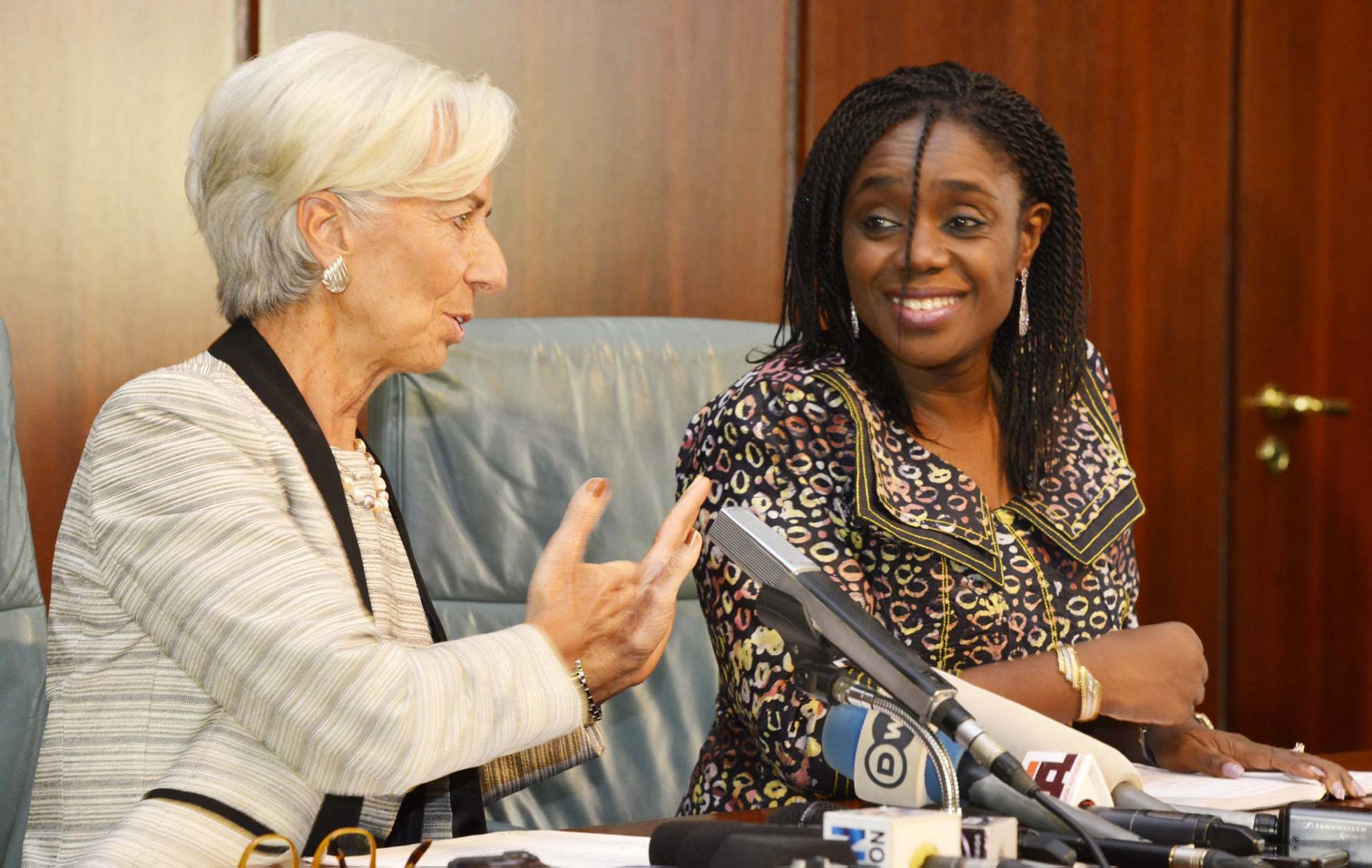The International Monetary Fund (IMF) has expressed concerns over delay in policy execution in Nigeria, saying near-term vulnerabilities and risks to economic recovery and macroeconomic and financial stability remain elevated.
The Bretton Wood institution made this known at the end of staff visit to Nigeria, Wednesday, August 2, 2017.
Amine Mati, senior resident representative and mission chief for Nigeria at the IMF, in a statement, said delays in policy implementation, a reversal of favourable external market conditions, and possible shortfalls in agricultural and oil production represent main risks to Nigeria’s economic outlook.

Other key risk factors, according to him, are additional fiscal pressures, continued market segmentation in a foreign exchange market that remains dependent on central bank interventions, and banking system fragilities.
“The economic backdrop remains challenging, despite some signs of relief in the first half of 2017,” he noted, adding that economic activity contracted in the first quarter of the year by 0.6 percent, mainly as maintenance stoppages reduced oil production.
He highlighted that following four quarters of negative growth, the non-oil economy grew by 0.6 percent (year-on-year), on the back of a rebound in manufacturing and continued strong performance in agriculture, adding that at 0.8 percent, growth in 2017 will not be sufficient to make a dent in reducing unemployment and poverty.
Mati equally noted that various indicators suggest an uptick in activity in the second quarter of the year, which is helped by favourable base effects, as headline inflation decreased to 16.1 percent in June 2017, but remains high despite tight liquidity conditions.
“Preliminary data for the first half of the year indicate significant revenue shortfalls, with the interest-payments to revenue ratio remaining high (40 percent at end-June) and projected to increase further under current policies.
“High domestic bond yields and tight liquidity continue to crowd out private sector credit. Given Nigeria’s low growth environment and the banking system’s exposure to the oil and gas sector, non-performing loans increased from 6 percent in 2015 to 15 percent in March 2017 (8 percent after excluding the four undercapitalized banks).
He however noted that government, faced with these challenges, has started implementing a number of important measures, including the Economic Recovery and Growth Plan (ERGP), which is driving the diversification strategy; strengthened engagement that has improved security in the Niger Delta; and the new Investor and Exporter FX window that has provided impetus to portfolio inflows, helped increase reserves above $30 billion, and contributed to reducing the parallel market premium.
Equally satisfactory to the IMF are steps taken by government in implementing the power sector recovery plan; the introduction of a voluntary income and asset declaration program; and the 60-day national action plan to improve the business environment as well as ongoing progress within the oil and energy sector through implementation of a new funding mechanism for cash calls.
The IMF specifically advised that appropriate and coherent set of policies is needed urgently to help achieve the goals of the ERGP.
Also read: Nigeria, Angola crude demand firm as international refiners run full steam on booming margins
“Acting on an appropriate and coherent set of policies to enhance an economic recovery remains urgent. This includes implementing immediately specific priorities that will help achieve the goals of the ERGP.
“In the near term, a stronger push for front-loaded fiscal consolidation through a sustainable increase in non-oil revenues would be needed to create space for infrastructure spending, social protection, and private sector credit,” the IMF said.
It added that fiscal consolidation should be simultaneously accompanied by a monetary policy that avoids direct financing of the government and is kept sufficiently tight, a unified and market-based exchange rate, and rapid implementation of structural reforms.
“Pursuing these policies would help reduce macroeconomic vulnerabilities and create an environment for a diversified private-sector led economy,” the multilateral institution noted.
The IMF team held productive discussions with senior government and central bank officials. It also met with members of parliament, representatives of the banking system, private sectors, civil society, and international development partners.







